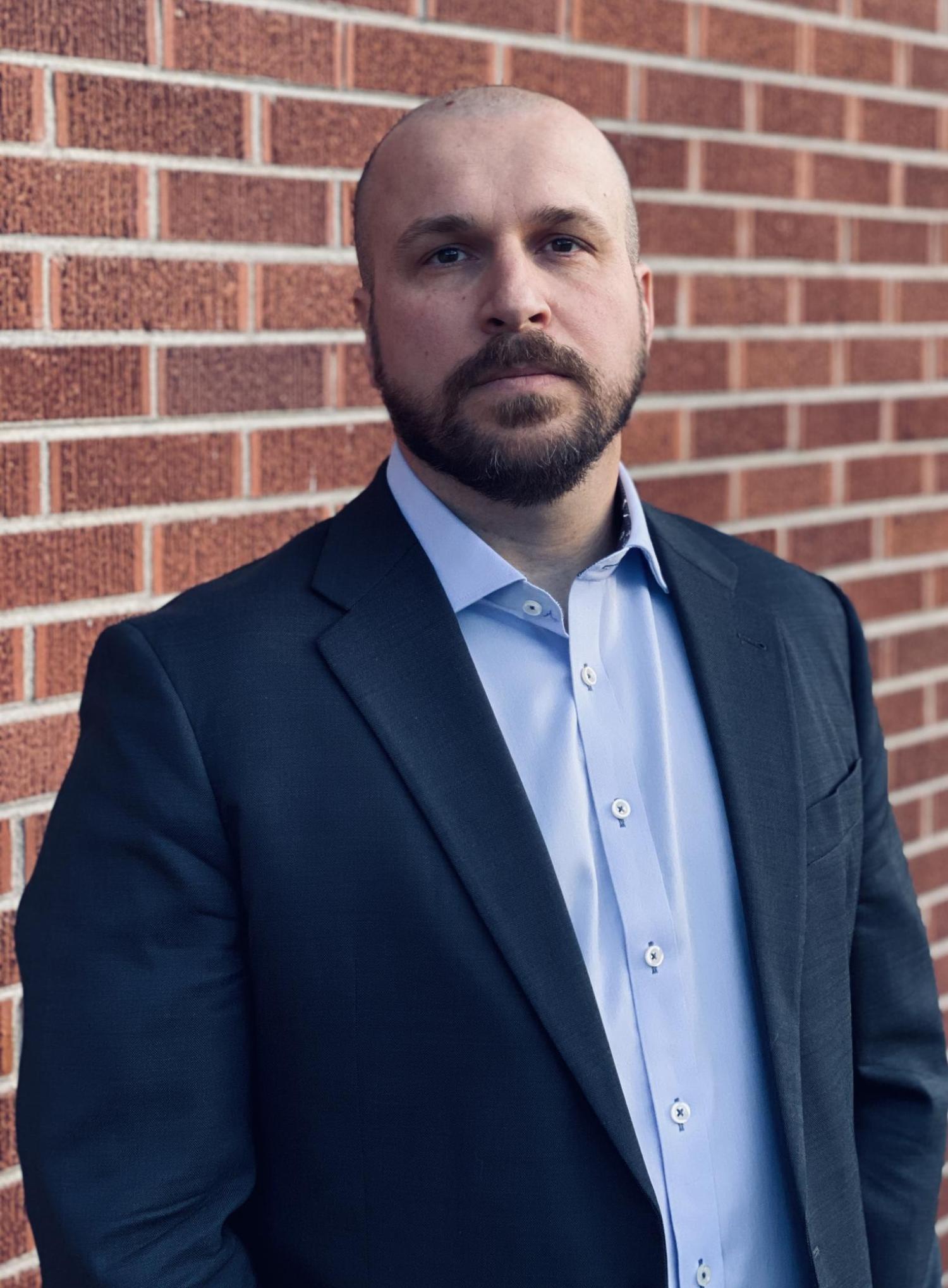CUPD officers participating in a police lab with students at CU Denver

This semester, several CU Boulder police officers are participating in the police lab portion of an undergraduate class called Law Enforcement, at the University of Colorado Denver.
The lab has been adapted from a class called “Bridging Perspectives: Critical Conversations for Students and Police” developed by the International Association of Chiefs of Police (IACP). The only one of it’s kind being taught on a Colorado college campus this fall, the class is designed to bring university students and law enforcement officers into a shared space where they can engage in facilitated dialogue to learn from one another and improve trust. The class is a collaborative project by CU Boulder Police and former CU Boulder Police Sergeant and current CU Denver Assistant Professor, Dr. Paul Taylor.
“The class creates a safe environment for students and officers to engage in open dialogue about the controversial issues surrounding police interactions with the public,” Taylor said.
Through the classroom sessions, both students and officers will enhance their knowledge of the cultural frameworks that influenced—and continue to influence—current and past relationships between the local community and law enforcement.
There are three core objectives to the class: to engage in constructive, yet sometimes difficult, conversations; to build a mutual understanding of everyone’s perspectives and narratives on community and police issues, even if they are different than their own; and to build a vision for a shared future with stronger community-police relationships.
“We are happy to be participating for the second time,” said CU Boulder Police Chief Doreen Jokerst. “It provides our officers the opportunity to participate in a ground-breaking class about community engagement and collaboration.”
“It was a great opportunity to engage in discussions with students who were interested in working through some very difficult topics,” said CUPD Commander Paula Balafas who participated in the class last spring. “I think that this class, and the open and frank discussions that happen in the class, are even more important now, as our profession has been addressing issues of social and racial justice.”
The course is designed to be flexible so that the instructor can customize the lessons, readings, and discussion topics for their community and cultural environment.
“We don't shy away from uncomfortable topics in the class and we all walk away with a deeper understanding of the issues and an appreciation for different perspectives,” said Dr. Taylor.

